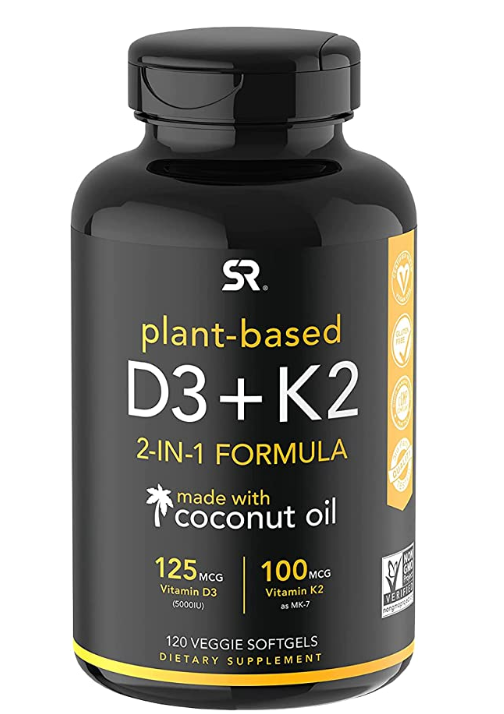
Vitamin D and Autoimmune Disease
Vitamin D is an essential vitamin that helps regulate calcium and phosphorus in the body. Studies have shown that vitamin D supplementation can reduce inflammation and reduce the risk of autoimmune disease (https://pubmed.ncbi.nlm.nih.gov/35082139/)
About 1 billion people worldwide have a vitamin D deficiency, while 50% of the population has a vitamin D insufficiency. About 35% of adults in the US have a vitamin D deficiency.
People with auto-immune diseases such as Crohn’s disease can have a more difficult time absorbing Vitamin D.
How can we treat vitamin D deficiency? First determine with your Doctor if you have a vitamin D deficiency and for a subsequent treatment plan. The goal is to reach and maintain an adequate vitamin D level in your body.

The FDA recommends about 1000 IUs of vitamin D daily which is equivalent to 10 – 15 minutes of sun exposure. However depending on the time of year and how much further away from the equator you are, sunlight exposure might not be enough and oral supplementation might be the way to go. Larger doses of 5000 IUs are now an option. As far as choices in supplements, Vitamin D3 is more absorbable than D2
